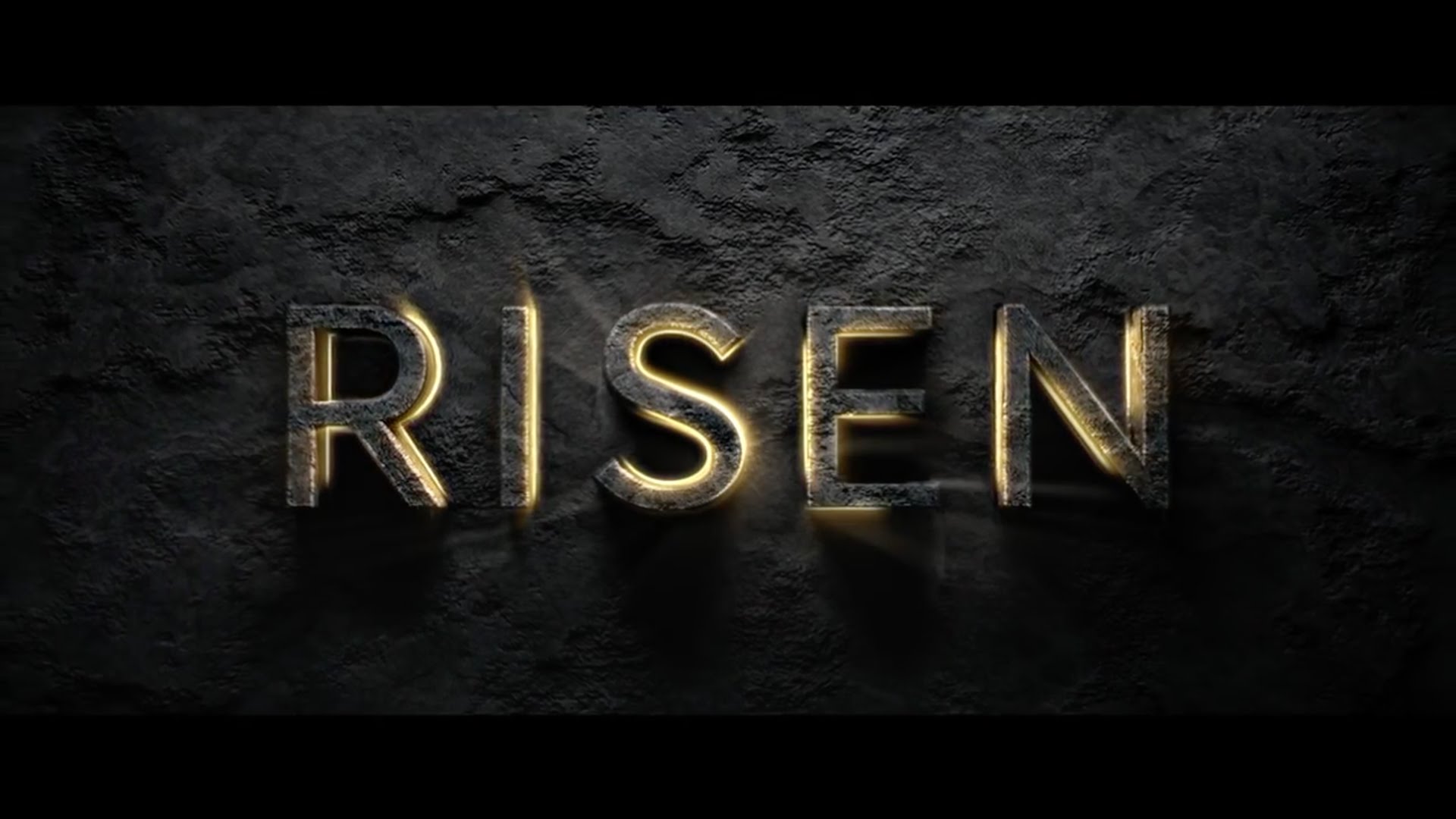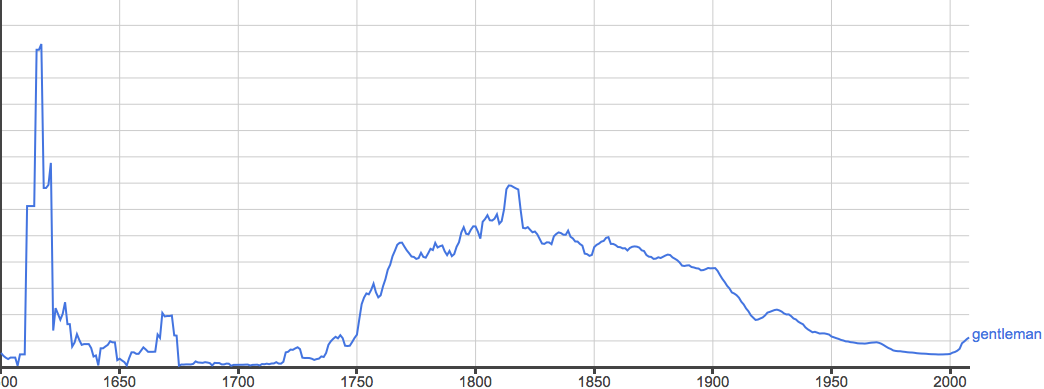An article recently published in the Gathering Chattanooga's Roadsigns.
Have you ever just been so frustrated or that you just want to hide in the corner and cry? Maybe not even to that extreme, maybe it’s where you just aren’t feeling God; you need a break. You aren’t alone because I am willing to bet that everyone has had these experiences. We are about to take a look at a man who was, “after God’s own heart,” and had this experience.
David was a man who wrote everything down. His thoughts and feelings of good times and bad can be found in the book of Psalm. Psalm 77 is an example of one of those bad times. Psalm 77:3, "When I remember God, I moan; when I meditate, my spirit faints.” He is at the point where he feels God may have given up on him. We see more of this in verses 7-10,
“Will the Lord spurn forever,
and never again be favorable?
8 Has his steadfast love forever ceased?
Are his promises at an end for all time?
9 Has God forgotten to be gracious?
Has he in anger shut up his compassion?”
Now he is doubting God’s faithfulness. He is in complete and total despair; the devil is using this feeling he has to lead him away from what he had earlier proclaimed in Psalm 52:1,
“Why do you boast of evil, O mighty man?
The steadfast love of God endures all day.”
How then do we get out of this despair? This feeling of hopelessness? Let’s see what David did:
11 "I will remember the deeds of the Lord;
yes, I will remember your wonders of old.
12 I will ponder all your work,
and meditate on your mighty deeds.
13 Your way, O God, is holy.
What god is great like our God?
14 You are the God who works wonders;
you have made known your might among the peoples.
15 You with your arm redeemed your people,
the children of Jacob and Joseph.”
David combats this with worship. He “remember(s) the deeds of the Lord.” He calls upon God’s faithfulness in the past to change his attitude in the present. That’s how we get out of these times; we remind ourselves of all God has done. Do you think David just did this because he felt like it? No, look what the verse says, “I will remember the deeds of the Lord,” he made himself remember. Then what happens? He starts to build and build as he remembers what the Lord did. As you read this, you can start to see the change in attitude, it gets stronger and stronger until he reaches the climax in verse 20: “You led your people like a flock by the hand of Moses and Aaron." He got out of his despair by making himself worship.
Why do we need to? We already saw how the devil attacked David in his thinking when he was down, but let’s look at 2 Timothy 4:1-2, "I charge you in the presence of God and of Christ Jesus, who is to judge the living and the dead, and by his appearing and his kingdom: (2) preach the word; be ready in season and out of season; reprove, rebuke, and exhort, with complete patience and teaching.” “In season and out of season.” We always need to be ready. We are called to preach the Word to all the nations and how can we do that if we are not, ourselves, spending time with God?
In conclusion, we are going to find ourselves in those times of despair; we need to get out of them. How? By worshiping God and acknowledging all the great things He has done in the past. Why? Because Satan attacks when we are not constantly spending time with God and we can’t tell others of the Good News if we are not currently experiencing it ourselves. God Bless.




